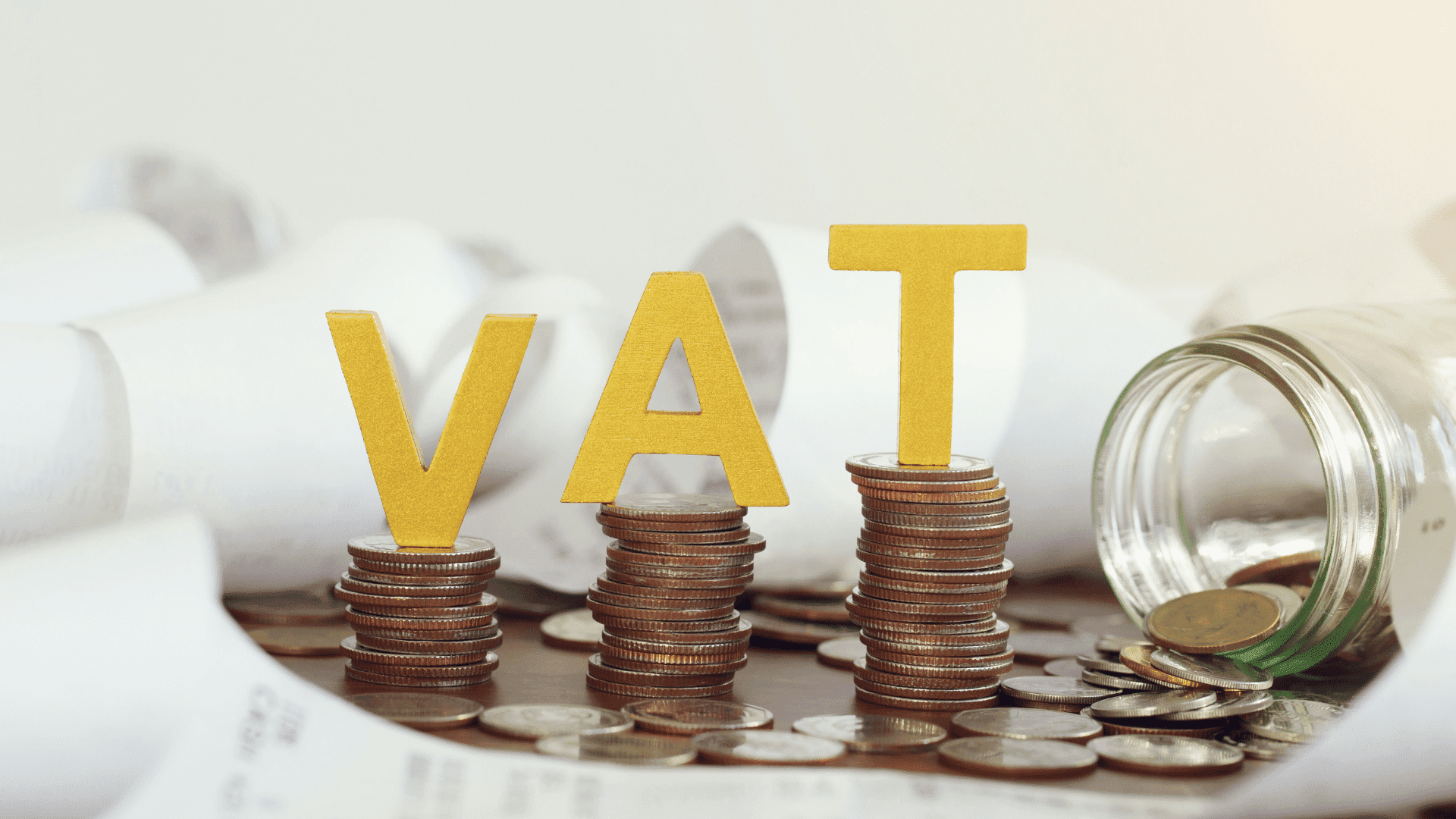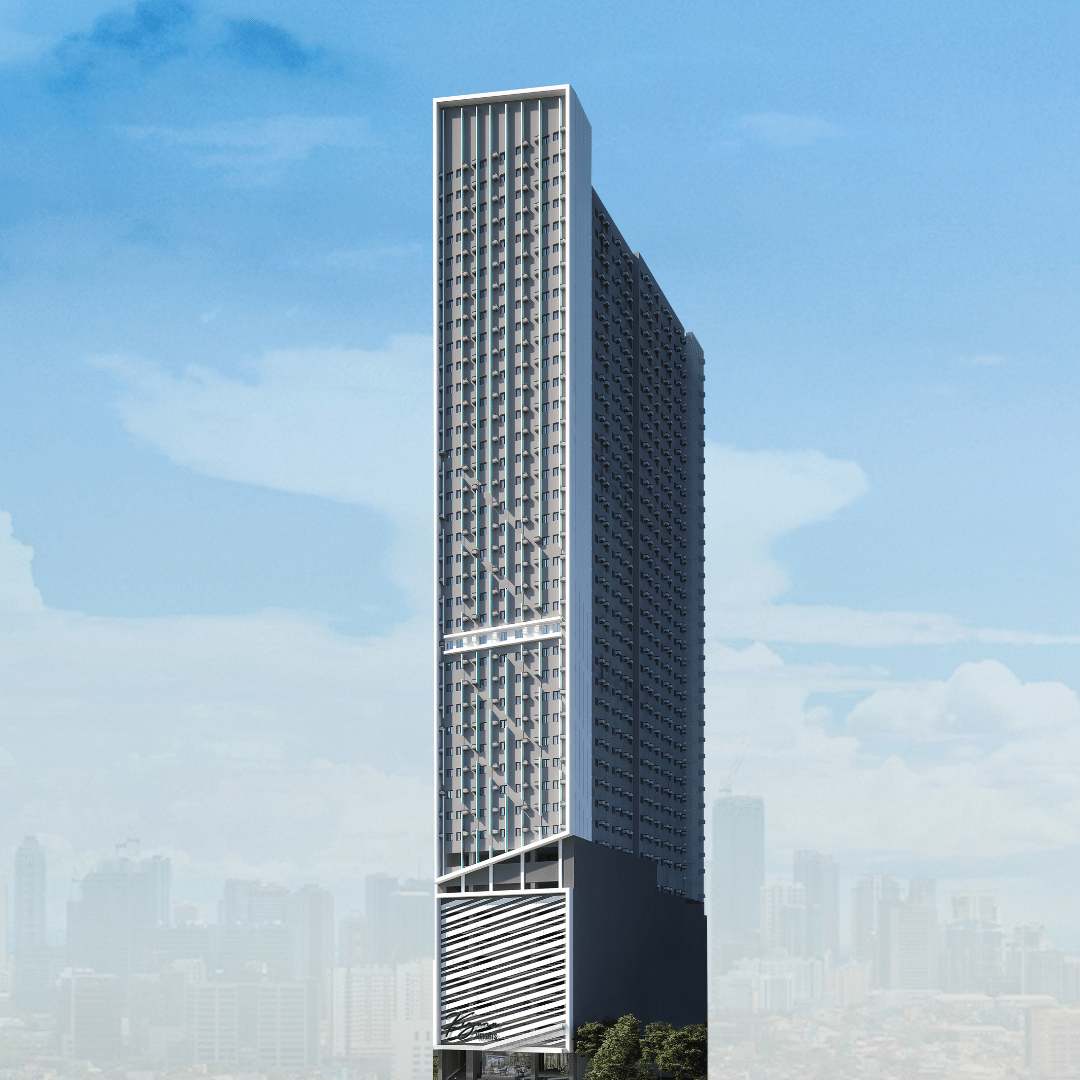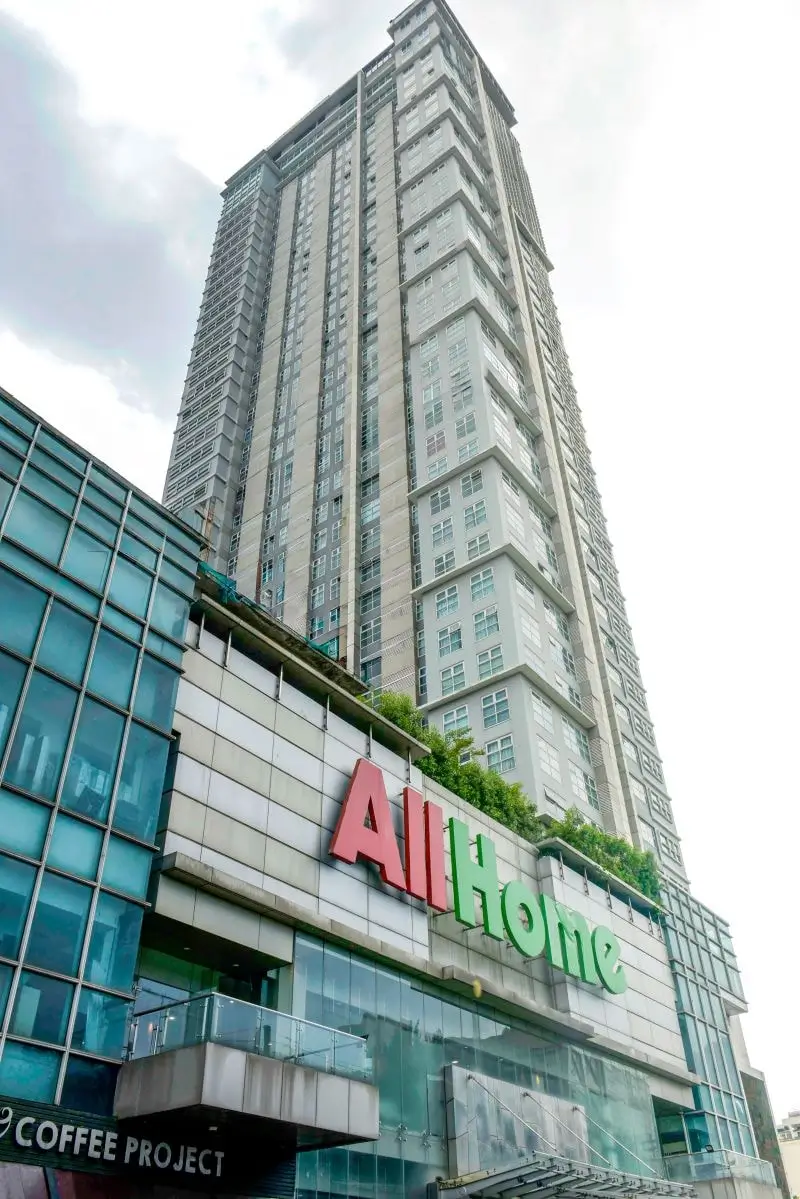Through Revenue Regulations (RR) No. 21-2021, the Philippines exempted registered exporters from paying VAT on local purchases of goods and services.
For a maximum of 17 years, the VAT exemption applies to the sale of equipment, supplies, packaging materials, and commodities, among other things. Under RR No. 9-2021, an implementing rule of the Tax Reform and Acceleration and Inclusion Act, the government announced a VAT charge of 12% on those operations in June 2021. (TRAIN). However, due to the epidemic and its influence on the Philippines' export sectors, this was postponed till July 2021.
The terms of the Corporate Recovery and Tax Incentives for Enterprises (CREATE) Act — the Philippines' largest fiscal stimulus in history — are in line with RR No. 21-2021, allowing exporters VAT exemption on local purchases, among other benefits.
Also Read: Exploring the Tax Benefits of Real Estate Investing
What is Value Added Tax?
Taxes In the Philippines, like VAT, is a tax imposed on the sale, exchange, or leasing of products, properties, and services. Importation of products into the Philippines is likewise subject to VAT.
In certain countries, such as Singapore, VAT is GST, or Goods and Sales Tax.
The seller is the statutory taxpayer for a transaction, which means they are responsible for filing and remitting VAT payments to the Bureau of Internal Revenue, or BIR. On the other hand, the buyer bears the financial burden (i.e., the cost) of the VAT payable on the specific transaction.
VAT is charged on virtually all service and import sales and the sale, barter, exchange, or lease of items or properties (tangible or intangible). The tax is based on the gross selling price of commodities or assets sold or gross receipts from the sale of services and is comparable to a uniform rate of 12 percent. The value utilized by the Bureau of Customs (BOC) in computing tariff and customs duties, including customs duties, excise taxes, and other charges, is the basis of the tax on products imported. When the BOC uses a volume or quantity valuation, the VAT basis is the landed cost plus excise taxes.
Certain transactions are either zero-rated or VAT-free. Export sales by VAT-registered individuals are tax-free.
Certain sales of VAT-exempt services, such as intermediary financial services, are subject to percentage taxes depending on gross sales, receipts, or income.
The following vat exempted goods list or goods exempted from vat were revised under CREATE and will take effect on January 1, 2021 (unless otherwise noted below):
Vat Exempt Goods and Services:
- Medicines for cancer, mental illness, TB, and kidney disease are sold or imported. (The CREATE Law influences effectiveness).
- Sale, importation, printing, or publication of journals, or any other educational reading material covered by the UNESCO agreement on the importation of educational, scientific, and cultural materials, including digital or electronic formats of the same, as well as books, newspapers, magazines, reviews, or bulletins, provided that the materials are not devoted primarily to the publication of paid advertisements.
- The sale or importation of COVID-19-related medicines, medical supplies, and equipment from January 1, 2021, to December 31, 2023.
- Raw materials, packaging materials, supplies, stocks, and items sold to a registered business for use in its industry;
- To a registered enterprise, the sale of services, such as basic infrastructure, maintenance, utilities, and equipment repair;
- Services, including property leases, are offered to persons engaged in air transport operations or international shipping;
- Passengers and cargo are transported from the Philippines to another nation by domestic air or marine boats.
- Sales to persons or entities who are excluded from direct and indirect taxes under special international agreements signed by the Philippines;
- Manufacturing, processing, or repackaging commodities for persons or entities conducting business outside the Philippines, with the goods being exported and paid for in foreign currency; and
- The power created from renewable resources, including geothermal and steam, hydropower, biomass, solar, and wind, among others, is sold.
Starting from the registration date, new CREATE registered export firms can enjoy a maximum of 17 years of VAT exemption. Until the transitional period, existing registered export enterprises located within freeport zones and ecozones will be exempted from paying VAT.
From July 1, 2020, to June 30, 2023, the 3% percentage tax on persons who are not VAT-registered because their annual sales or receipts do not surpass the VAT threshold of 3 million Philippine pesos (PHP) will be reduced to 1% but would back to 3% after that.
Beginning June 27, 2021, 12 percent VAT will apply on the following transactions, as amended by Republic Act No. 10963 (Tax Reform for Acceleration and Inclusion or TRAIN) and implemented by Revenue Regulations 9-2021:
- Raw materials or packing materials are sold to a non-resident buyer for delivery to local export-oriented businesses.
- Raw materials or packaging materials are sold to export-oriented businesses with export sales exceeding 70% of total yearly production.
- Executive Order No. 226, often known as the Omnibus Investment Code of 1987, and other specific laws were used to assess export sales.
- Processing, manufacturing, or repackaging items for other people doing business outside the Philippines. The commodities are exported after payment in accepted foreign currency and accounting in conformity with BSP laws and regulations.
- Subcontractors and contractors' services in processing, converting, or manufacturing commodities for a company whose export sales surpass 70% of total yearly production.
VAT/GST registration
Who is required to register, and what is the threshold?
In the course of trade or business, any person or entity who sells, exchanges, or leases goods or properties, or renders services, and any person who imports goods if gross sales or receipts per annum exceed PHP3,000,000.
VAT/GST compliance
What is the typical frequency of returns?
In general, every taxpayer liable to pay VAT shall file the following returns:
- monthly VAT declaration within 20 days after the end of the month
- quarterly VAT return within 25 days following the close of the taxable quarter
- if applicable, remittance returns of VAT and other percentage taxes are withheld for those required to withhold VAT.
However, taxpayers registered under the Electronic Filing and Payment System (eFPS) shall be required to file monthly VAT declarations within the period prescribed in the VAT Regulations depending on the business industry classification of the taxpayer. The quarterly VAT returns of eFPS filers will still be filed within 25 days following the close of the taxable quarter, regardless of the business industry classification.
For more information on Vista Residences, email [email protected], follow @VistaResidencesOfficial on Facebook, Twitter, Instagram, and YouTube, or call the Marketing Office at 0999 886 4262 / 0917 582 5167.










